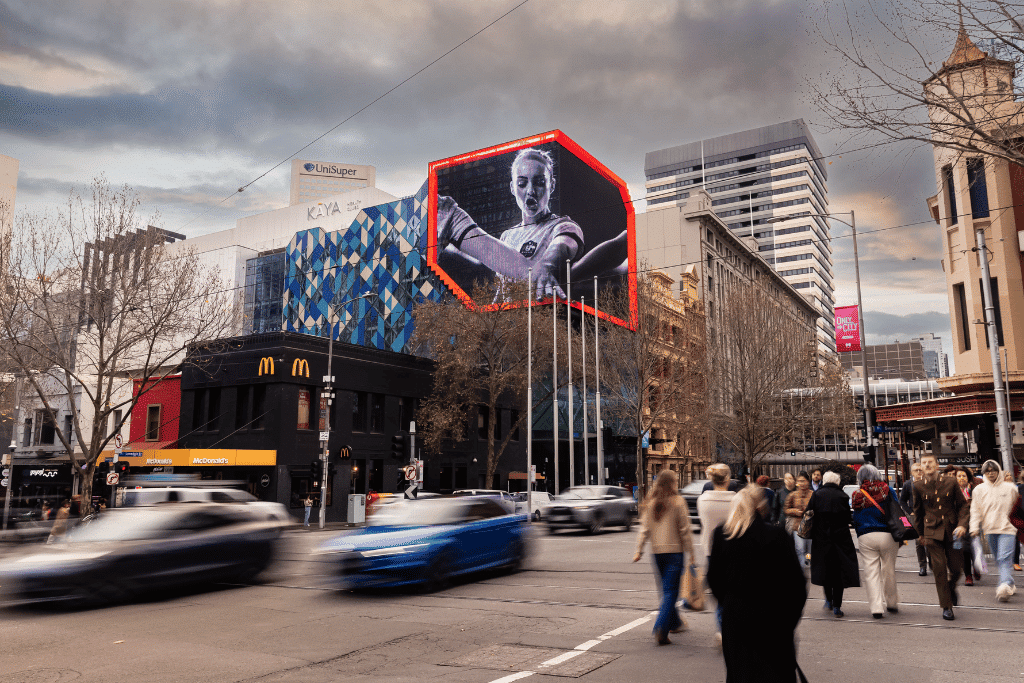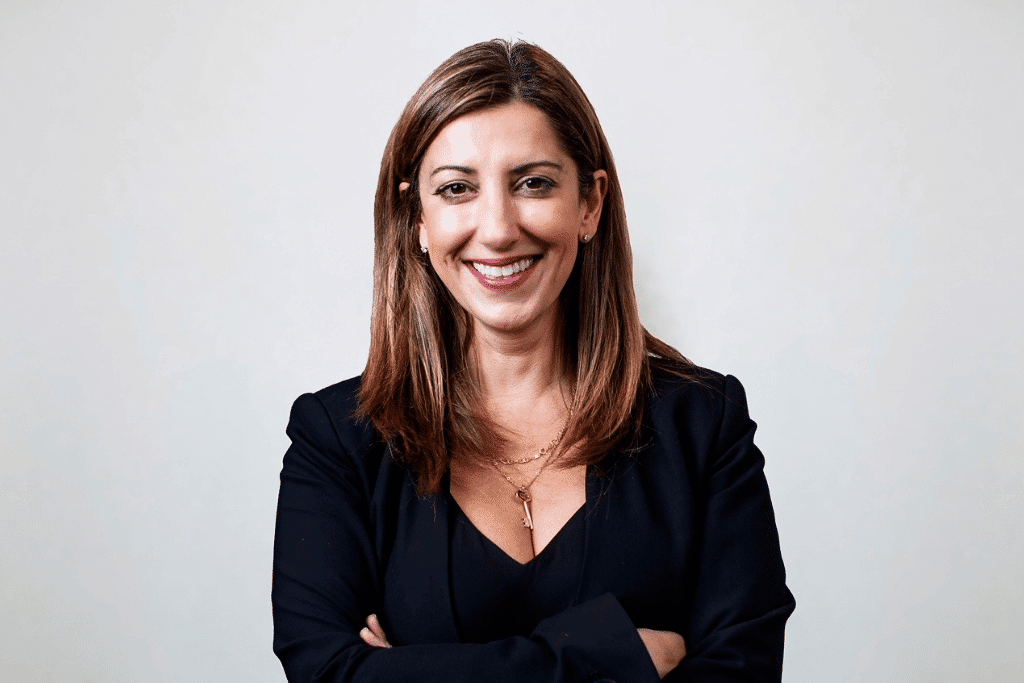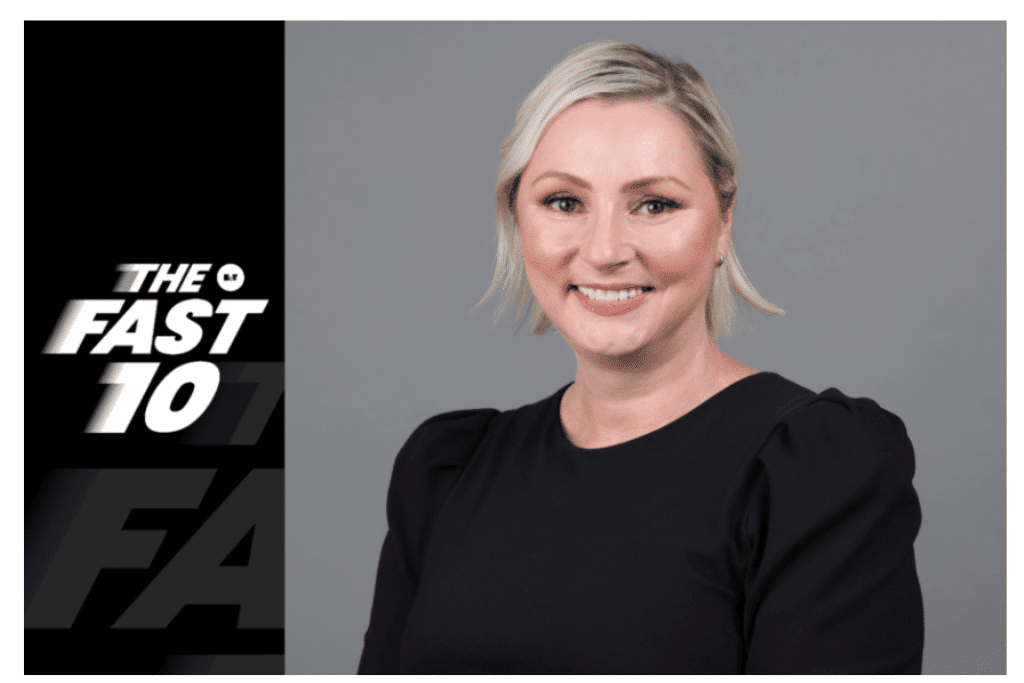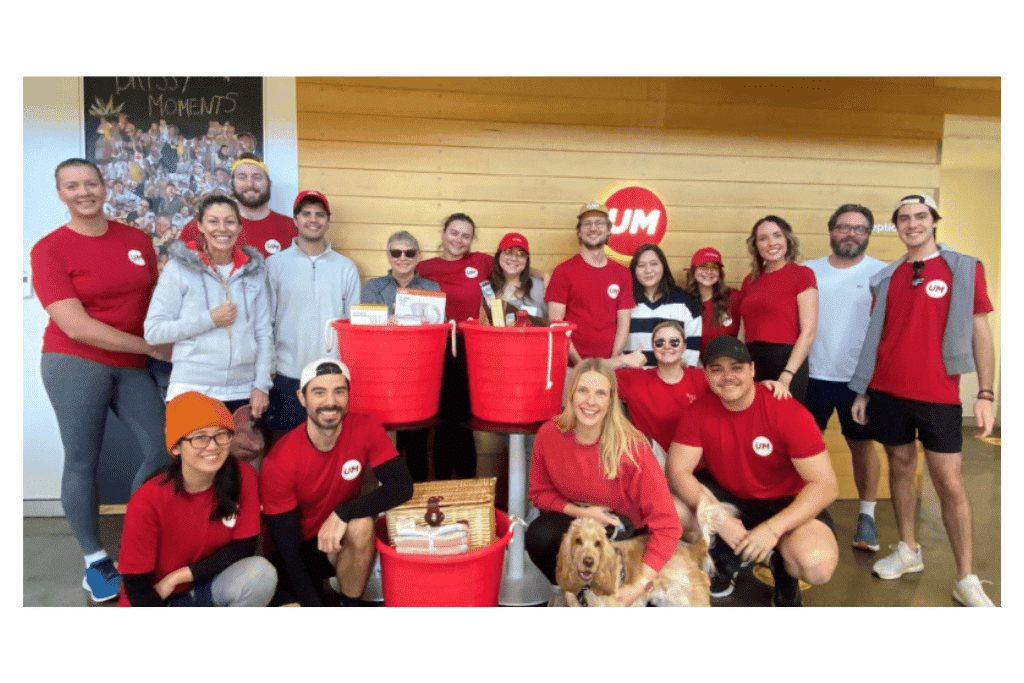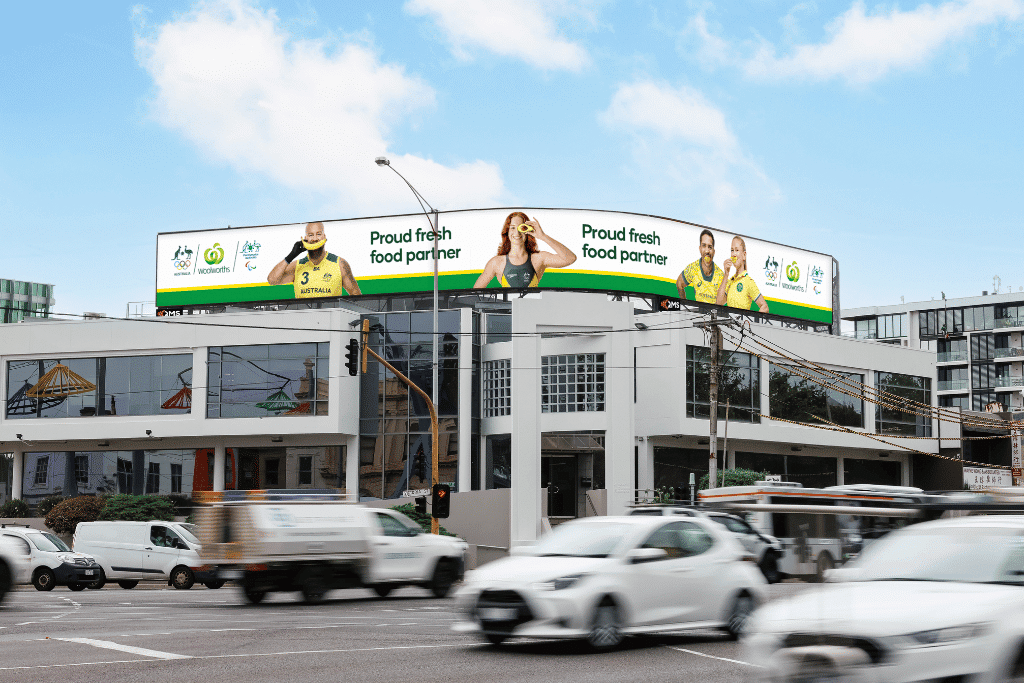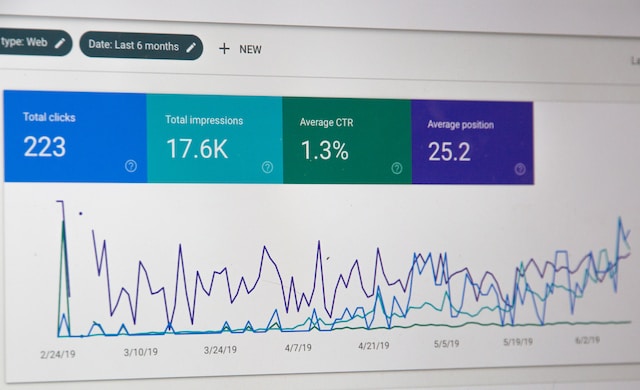
Have you seen a few job ads mentioning the word ‘programmatic’ and are you wondering what that means? At its core, programmatic advertising refers to the automated buying and selling of digital ads. It leverages technology and data to streamline the ad-buying process, making it more efficient and targeted. Instead of traditional ad-buying methods involving negotiations and manual placements, programmatic relies on algorithms and real-time data to place ads in front of the right audience at the right time. It’s very cool!
Key Components of Programmatic Advertising:
- Real-Time Bidding (RTB): Programmatic advertising often involves real-time bidding, where advertisers bid for ad space in real-time auctions. The highest bidder gets their ad displayed to the targeted audience.
- Data-Driven Targeting: Programmatic allows for highly granular audience targeting. Advertisers can use various data points, including demographics, behaviors, and interests, to ensure their ads reach the most relevant audience.
- Automation and Efficiency: The automation aspect of programmatic advertising eliminates the need for manual processes, making ad buying faster and more efficient. This includes ad placements, budget allocation, and performance tracking.
A day in the life of a Programmatic specialist
So, what’s it like to be in a programmatic role and what are the tasks you’d be doing on a daily basis?
1. Campaign Strategy and Planning:
Programmatic specialists begin their day by strategizing and planning campaigns. This involves understanding client goals, defining target audiences, and selecting the most suitable channels and platforms for optimal performance.
2. Data Analysis and Audience Segmentation:
Analyzing data is a cornerstone of programmatic advertising. Specialists dive into data analytics tools to understand audience behavior, identify trends, and segment audiences for more personalized targeting.
3. Real-Time Monitoring of Campaigns:
As campaigns go live, programmatic specialists monitor real-time performance. They keep a close eye on key metrics such as impressions, click-through rates, and conversions. If needed, adjustments are made on the fly to optimize campaign performance.
4. A/B Testing and Optimization:
Continuous improvement is the name of the game. Programmatic specialists conduct A/B testing to compare different ad creatives, messages, and strategies. Based on the results, they optimize campaigns to ensure maximum impact and ROI.
5. Collaboration with Ad Tech Partners:
Programmatic specialists work closely with ad tech partners, including demand-side platforms (DSPs) and supply-side platforms (SSPs), to ensure seamless execution of campaigns. This involves negotiating deals, troubleshooting technical issues, and staying updated on industry trends.
6. Reporting and Client Communication:
At the end of the day, programmatic specialists compile comprehensive reports on campaign performance. They communicate these results to clients, highlighting successes and providing insights for future optimizations.
For those immersed in programmatic advertising, each day is a dynamic journey of data analysis, strategy refinement, and real-time optimization. As the advertising landscape continues to evolve, programmatic specialists play a pivotal role in ensuring brands connect with their target audience in the most efficient and effective ways.
In the fast-paced world of programmatic, adaptability and a keen eye for data are essential. So, if you’re considering a career in programmatic advertising, get ready for an exhilarating ride where every click, impression, and conversion counts toward the success of your campaigns. Click here to see some examples of roles currently being advertised.
Photo by Stephen Phillips – Hostreviews.co.uk on Unsplash
CONTINUE READING
Related Articles
Here’s a selection of additional articles that may interest you. If there are industry news items, opinions or learning resources you’d like to see here, let us know.

